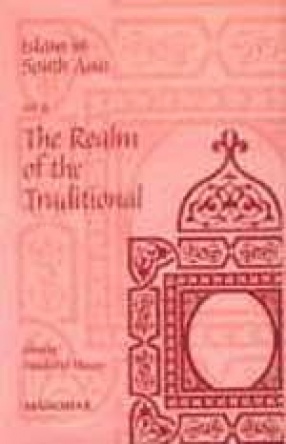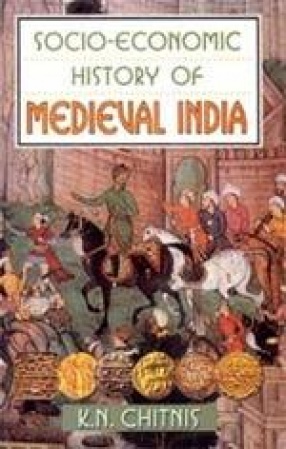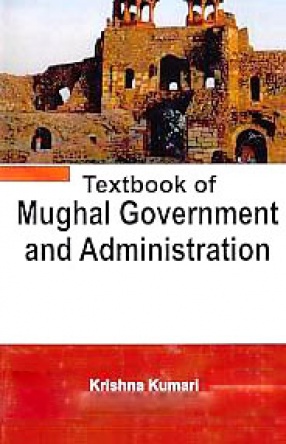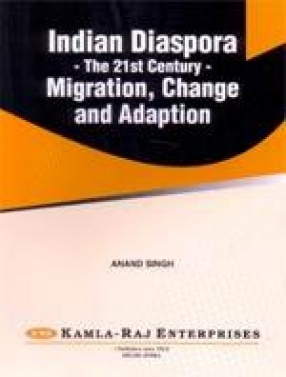The post-1857 era witnessed a number of important changes. For one, it triggered a number of movements–traditional and reformist–which sought to navigate the terrain created by colonial rule. Thus, we hear the ulama of Deoband asserting the voice of orthodoxy and clamouring for the creation of a sharia-based society. On the other hand, Syed Ahmad Khan, the Aligarh Reformer, plotted a different course for his community and argued for an Anglo-Muslim rapproachement which would bridge the gap between the traditionalists and the modernists. This volume, the third in the series, recovers some of these voices in order to introduce a systematic exposition of the role of the ulama as well as other thinkers who functioned outside the realm of the traditional world. The volume also draws on the writings of Maulana Abul Kalam Azad and Shibli Numani, the founder of Nadwat al-ulama. Besides covering the Khilafat issue, some of the other essays by noted scholars illuminate the role of three key organizations, the Jamiyat al-ulama, the Jamaat-i-Islami and the Tablighi Jamaat. This volume deepens our understanding of the Muslim intellectual and the role of the ulama in the Indian environment.
Islam in South Asia: The Realm of the Traditional (Volume III)
In stock
Free & Quick Delivery Worldwide
reviews
Bibliographic information
Title
Islam in South Asia: The Realm of the Traditional (Volume III)
Edition
1st ed.
Publisher
ISBN
8173047448
Length
270p.
Subjects





There are no reviews yet.